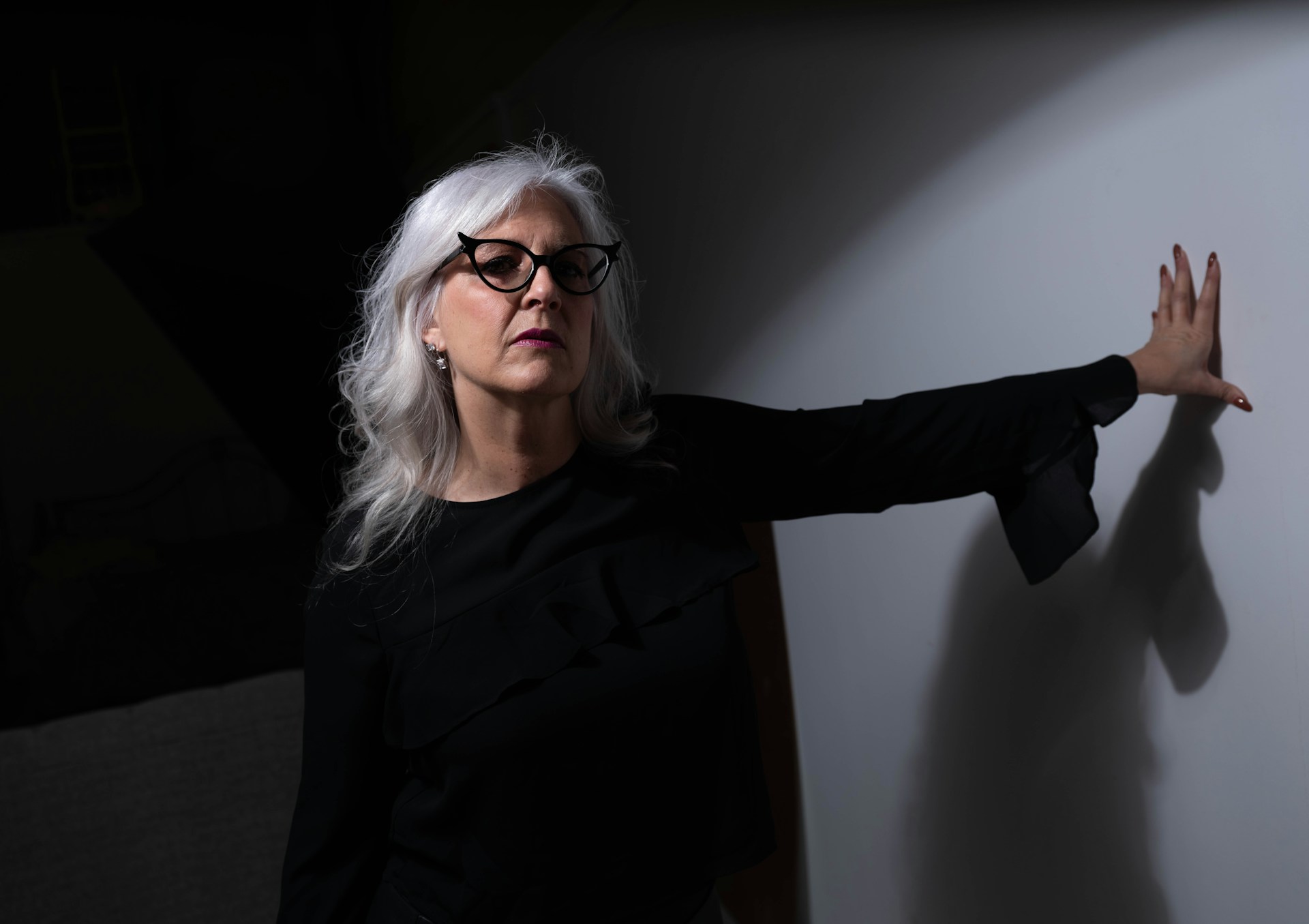Happiness is when what you think, what you say, and what you do are in harmony. – Mahatma Gandhi
Are self-care and self-love selfish?
 There is a subtle difference between loving and caring for yourself and selfishness; it lies in motive, consideration, and consequences. Choosing to leave situations or relationships that no longer benefit you, are not sustainable, or are not reciprocal, is not necessarily selfish.
There is a subtle difference between loving and caring for yourself and selfishness; it lies in motive, consideration, and consequences. Choosing to leave situations or relationships that no longer benefit you, are not sustainable, or are not reciprocal, is not necessarily selfish.
Is it selfish for someone to expect you, or for you to expect someone else, to remain in a relationship in which one or both parties are apathetic or emotionally destructive to one another? That is not to say that relationships should always feel good. They don’t. Relationships do require work, but they should not feel like drudgery, and you should not feel like you want to avoid the person or the thing more often than not.
If you cannot give another person what they need or want, is it selfish to free them of the tether of remaining in it out of loyalty? The same applies to situations or contracts which are no longer serving their original purpose. Self-love and self-care are when you choose, for example, to exit a relationship, situation, or contract and have considered how it affects everyone involved and you choose to do it to save yourself, which allows others to do the same.
The need for boundaries in relationships.
It is honoring to recognize your needs and your limits. That is what we call boundaries in relationships. We must be honest with ourselves and others about how we can exist in a relationship or a situation. That is transparency. That opens up a conversation.
Demanding that someone remain in a relationship for your benefit is selfish because it does not consider the other person and does not factor in how you participate in the relationship which may be harmful or less than beneficial to the other person.
There are people we connect well with and with whom we reap mutual satisfaction and others that the experience is meant to teach us something about ourselves, about life. A season. Every experience is a teacher, but that doesn’t mean we need to stay in the classroom.
Loving your neighbor as yourself.
When we expect others to meet our needs, that is selfish. when we meet our own needs, that is self-care and self-love. conversely, if I don’t love myself, then the opposite of that is that I hate myself. That doesn’t seem right. The Bible teaches us to “…Love your neighbor as yourself” (Mt 22:39 NIV).
I’m interpreting the Bible, so this is my perception, and you can choose whether or not you want to accept it. I would ask how you can love someone else, then, if you do not love yourself? Looking at this from an abundance mindset, the more love I feel, the more love I have to give. I teach my clients what I often have to remind myself, that you can’t give someone what you do not have.
Furthermore, you model for others how you want to be treated. We teach our children by modeling love for ourselves. Do you want your children to believe others’ joy should come at the expense of their self-esteem and self-worth? This kind of self-rejection lends itself to succumbing to worldly temptations which are not inherently fulfilling to the soul. Henri J.M. Nouwen, in his daily e-meditation titled “The Trap of Self-Rejection” describes it this way:
…the greatest trap in our life is not success, popularity, or power, but self-rejection…When we have come to believe in the voices that call us worthless and unlovable, then success, popularity, and power are easily perceived as attractive solutions. The real trap, however, is self-rejection…As soon as someone accuses me or criticizes me, as soon as I am rejected, left alone, or abandoned, I find myself thinking, ‘Well, that proves once again that I am a nobody…I am no good…I deserve to be pushed aside, forgotten, rejected, and abandoned. – Henri Nouwen
Ugh! That does not seem right, does it? Setting boundaries in relationships is a form of love. That’s right! But what is a boundary? It is a line that marks the limits of an area; it is a dividing line. Boundaries tell others that you care about and respect yourself and that you care about and respect them enough to teach them how to treat you. Boundaries also create space and freedom for the other person to do the same.
The necessity of boundaries in relationships.
That is what healthy boundaries in relationships look like. We are not mind readers; boundary violators often expect you to read their minds or to be able to anticipate your needs. That is exhausting and typically ineffective. When people express resistance or rebel against your boundaries, it may mean they need something to be different and they want you to meet that need.
 Violating boundaries is a show of disrespect, whether someone violates your boundaries, or you violate someone else’s boundaries. Think of rape. That is a severe form of boundary violation, right? When the victim says no, the perpetrator becomes angry, so the victim must acquiesce or risk the consequence.
Violating boundaries is a show of disrespect, whether someone violates your boundaries, or you violate someone else’s boundaries. Think of rape. That is a severe form of boundary violation, right? When the victim says no, the perpetrator becomes angry, so the victim must acquiesce or risk the consequence.
Let’s take it down a notch. We often rationalize or minimize the choice not to set or enforce a boundary like this, “Oh, it’s not that bad” or “I shouldn’t let it bother me.” Now, what would it look like for you to say, “I don’t like [insert desire or need] and I would like for you to respect me in that decision”? Why do people often back down from standing up for what they need or want?
Because others put their needs and wants above ours and we, in turn, believe our needs are not as important as theirs. It is also a form of self-rejection as in we do not deserve better. Eventually, I promise you this cycle does not end well. It is a volcano waiting to happen. Those little nudges and choices eventually become loud voices that can no longer be ignored.
They build and build until the volcano explodes. Sometimes this is a periodic and calculated eruption; when the lava cools, it assumes there is safety in walking on the rock, but the lava is guaranteed to flow again if the contents within the volcano begin heating up.
I’ve counseled many clients who have continued to self-sacrifice despite knowledge and instruction otherwise and end up angry and resentful. People without boundaries often come into my office with symptoms of depression, which is anger turned inward, and/or anxiety/panic, which is fear of the unknown, and they have no idea why.
The benefits of boundaries in relationships.
Boundaries in relationships create healthy lines of communication, which reduce resentment and increase the known. Make no mistake, if someone does not respect boundaries, he/she will either exit the relationship or try to make the boundary setter miserable in an attempt to return to the status quo.
Relationships are permanently damaged when the volcano erupts because no one’s needs are met when everyone within the circumference of the fallout gets burned; keeping the lava cool prevents an eruption and onlookers can admire the creation.
Hurting people hurt other people. You project what you feel. When you feel your anger is justified, what happens? You want to yell at someone or something, but your target may have nothing to do with what happened to you. Reverse that. If you feel love, wouldn’t it stand to reason that you would have more love to give others?
What you feed is what grows. Jesus had no malice or hatred, only love, and people despised him. Mother Teresa, who devoted her life to serving and caring for others, was criticized by some. If you follow your purpose, your heart, and your joy, someone will rise against you if you’re doing it right. Why? Because it’s human nature to attack and blame others when doing so will meet their needs of increasing self-esteem and reducing discomfort.
Fear of the unknown.
We often do not set a boundary out of fear of the unknown because we know how to navigate the known, even if it hurts. Faith is stepping forward to face the unknown to remain true to yourself despite the consequences so as not to live with the internal incongruence and to increase the possibility of reducing the current pain.
The new path may not be without twists, turns, potholes, and dead ends; those are the unknowns, and they are scary. It may be fraught with loss, maybe even tremendous loss, and grief, very likely, but without taking the step, you ensure you will continue in your current situation with no possibility of your pain decreasing. It’s a merry-go-round.
If someone rejects your boundaries, it is a clear indicator they are not ready to engage in a healthy relationship or to be taught to take care of their own needs and wants. It makes sense then that by taking care of and loving yourself, you model for and teach others to do the same for you and for themselves. Everyone wins.
The people who respect your boundaries and love you for who you are will remain in your circle. That circle may have holes in it where you are grieving the loss of what was; only patience, prayer, and, of course, God, can fill that emptiness. That also means that you get to control the outcome rather than someone else controlling you. When we model this respect for ourselves, we emulate love and attract those things back into our lives.
The greatest commandment is to love God and the second is to love your neighbor as yourself (Mt 22:36-39) which I believe can be interpreted as you must love yourself to be able to love others well. Reach out to one of our therapists to begin learning how to love yourself and others as God intended.
“Fence on a Hill”, Courtesy of Sylwia Bartyzel, Unsplash.com, CC0 License; “Woman Making Heart”, Courtesy of Jackson David, Unsplash.com, CC0 License; “Running Across a Field”, Courtesy of sept commercial, Unsplash.com, CC0 License; “Love”, Courtesy of Emmanuel Phaeton, Unsplash.com, CC0 License





